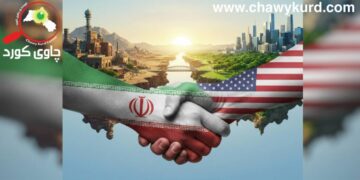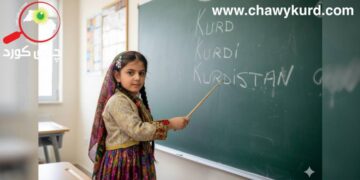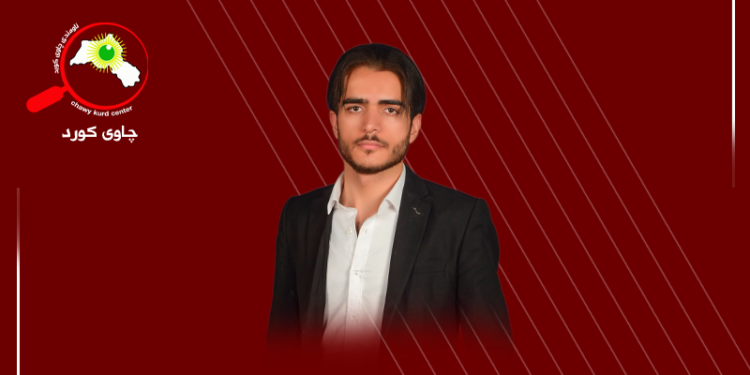Introduction
The Kurdistan Region of Iraq (KRI) has faced significant migration challenges due to ongoing conflicts, economic instability, and political upheaval. The International Organization for Migration (IOM) has played a crucial role in managing these migration issues, providing humanitarian assistance, and supporting the reintegration of displaced persons. This report examines the role of IOM in managing migration in Kurdistan, highlighting key programs, achievements, and challenges.
IOM’s Presence and Mission in Kurdistan
The IOM has been active in Iraq since 2003, with major offices in Erbil, Baghdad, Basra, and Mosul. The organization’s mission is to promote humane and orderly migration, benefiting both migrants and host communities. IOM’s work in Kurdistan focuses on addressing immediate humanitarian needs and supporting long-term development goals.
Key Programs and Initiatives
1. Humanitarian Assistance
- Camp Coordination and Camp Management (CCCM): IOM co-leads the CCCM Cluster in Iraq, ensuring effective management of displacement camps and providing essential services to internally displaced persons (IDPs).
- Shelter and Infrastructure Rehabilitation: IOM supports the rehabilitation of shelters and infrastructure to facilitate the return of displaced persons to their areas of origin.
2. Health and Psychosocial Support
- Healthcare Services: IOM provides healthcare services, including mental health and psychosocial support, to migrants and displaced persons.
- COVID-19 Response: During the COVID-19 pandemic, IOM played a critical role in providing health services and information to vulnerable populations.
3. Livelihood Assistance
- Economic Empowerment: IOM’s livelihood programs aim to enhance the economic resilience of migrants and host communities through vocational training, job placements, and small business support.
4. Migration Management
- Assisted Voluntary Return and Reintegration (AVRR): IOM facilitates the voluntary return and reintegration of Iraqi nationals from abroad, providing comprehensive support to ensure sustainable reintegration.
- Resettlement Programs: IOM assists in the resettlement of refugees and migrants to third countries, working closely with the United Nations High Commissioner for Refugees (UNHCR) and other partners.
Achievements and Impact
- Data Collection and Analysis: Through the Displacement Tracking Matrix (DTM), IOM provides reliable data on displacement trends, informing policy decisions and humanitarian responses.
- Capacity Building: IOM supports the Kurdistan Regional Government (KRG) in developing policies and regulations for effective migration management.
- Community Stabilization: IOM’s programs contribute to the stabilization of communities affected by displacement, fostering social cohesion and economic development.
Challenges Faced by IOM
Despite significant achievements, IOM faces several challenges in managing migration in Kurdistan:
1. Security Concerns
- Ongoing security issues in Iraq pose risks to both migrants and humanitarian workers. The volatile security situation can disrupt program implementation and limit access to affected populations.
2. Resource Constraints
- Limited funding and resources hinder the implementation of comprehensive migration management programs. The demand for humanitarian assistance often exceeds available resources, affecting the scope and scale of IOM’s interventions.
3. Political Instability
- Political instability in Iraq affects the coordination and effectiveness of migration management efforts. Frequent changes in government policies and priorities can lead to inconsistencies in program implementation and support.
4. Infrastructure Challenges
- Inadequate infrastructure in certain areas complicates the delivery of services and assistance. Poor road conditions, lack of basic utilities, and damaged facilities can impede the effectiveness of IOM’s operations.
5. Social and Cultural Barriers
- Social and cultural barriers, including discrimination and stigmatization of migrants, can hinder their integration and access to services. Addressing these barriers requires sustained efforts in community engagement and awareness-raising.
Conclusion
The IOM plays a vital role in managing migration in Kurdistan, addressing both immediate humanitarian needs and long-term development goals. Continued support and collaboration with the KRG and international partners are essential to overcoming challenges and ensuring the well-being of migrants and displaced persons in the region.
References
- International Organization for Migration. “IOM in Iraq.” Accessed November 30, 2024. [IOM Iraq](https://iraq.iom.int/iom-iraq).
- International Organization for Migration. “Migration Management Unit.” Accessed November 30, 2024. [IOM Iraq](https://iraq.iom.int/migration-management-unit).





























































